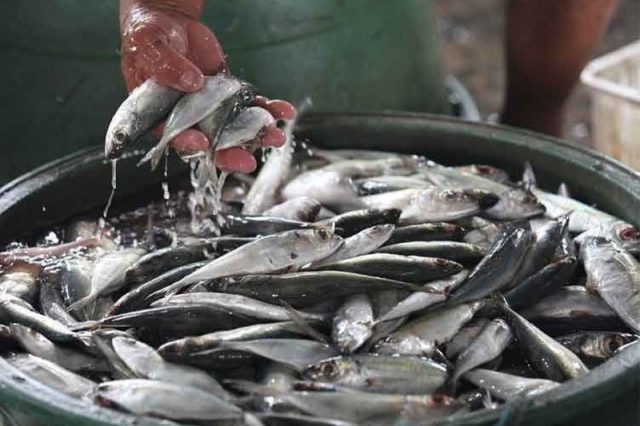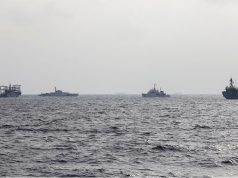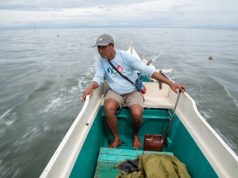The Department of Agriculture (DA) has allowed up to 25,000 metric tons of frozen fish imported into the Philippines for the last quarter of the year.
Some Filipinos took to social media to express dismay over the move, stating how ironic that an archipelagic country would need fish from other countries.
“An agricultural country that imports rice & a country that is surrounded by water that imports fish means we have tragically inept leaders,” wrote on X (formerly Twitter) user.
The tweet amassed over 15,000 likes.
On Facebook, the news of fish importation was swarmed with “angry” and “sad” reactions.
“Why do we need to import fish & rice when we have our own rice & fish resources?” commented one Facebook user.
“I think the DA should focus on improving the quality of our rice and give our farmers the necessary machineries, equipment & assistance that we really need,” she continued.
However, authorities explained that importing would remedy supply once the fishing season is closed from November to January.
According to the Bureau of Fisheries and Aquatic Resources (BFAR) the three-month period is dedicated to prevent overfishing and help small fish species recover.
The closed fishing season affects northeast of Palawan waters, Visayan seas and Zamboanga Peninsula where sardines and mackerel spawn.
Memorandum Order 17, which necessitates the import, states that 80% of the fish import should come from commercial suppliers while the rest should come from fisheries associations and cooperatives.
This was signed by Agriculture Secretary Franciso Laurel-Tiu Jr. following the passage of Administrative Order 20 which eases agricultural importation by removing non-tariff barriers.
The National Economic Development Authority explained that AO 20 aims to streamline the importation process and consequently “facilitate the sufficiency and timeliness of imports.”
NEDA also said in its statement that while it recognizes the concerns regarding easement of policies on importation, the move was a “necessary measure” to ensure food security in terms of “availability and affordability”.
However, group Pambansang Lakas ng Kilusang Mamamalakaya ng Pilipinas (PAMALAKAYA) argued that importation is harmful to local fisherfolk.
“The entry of imported fish will deal heavy damage to local production because it will pull down the farm gate price of the products of small-time fishermen,” the group said.










